Three banned from using "3.9G" to describe network speeds by ASA
Advertising standards body rules Three cannot describe DC-HSDPA network as "3.9G".

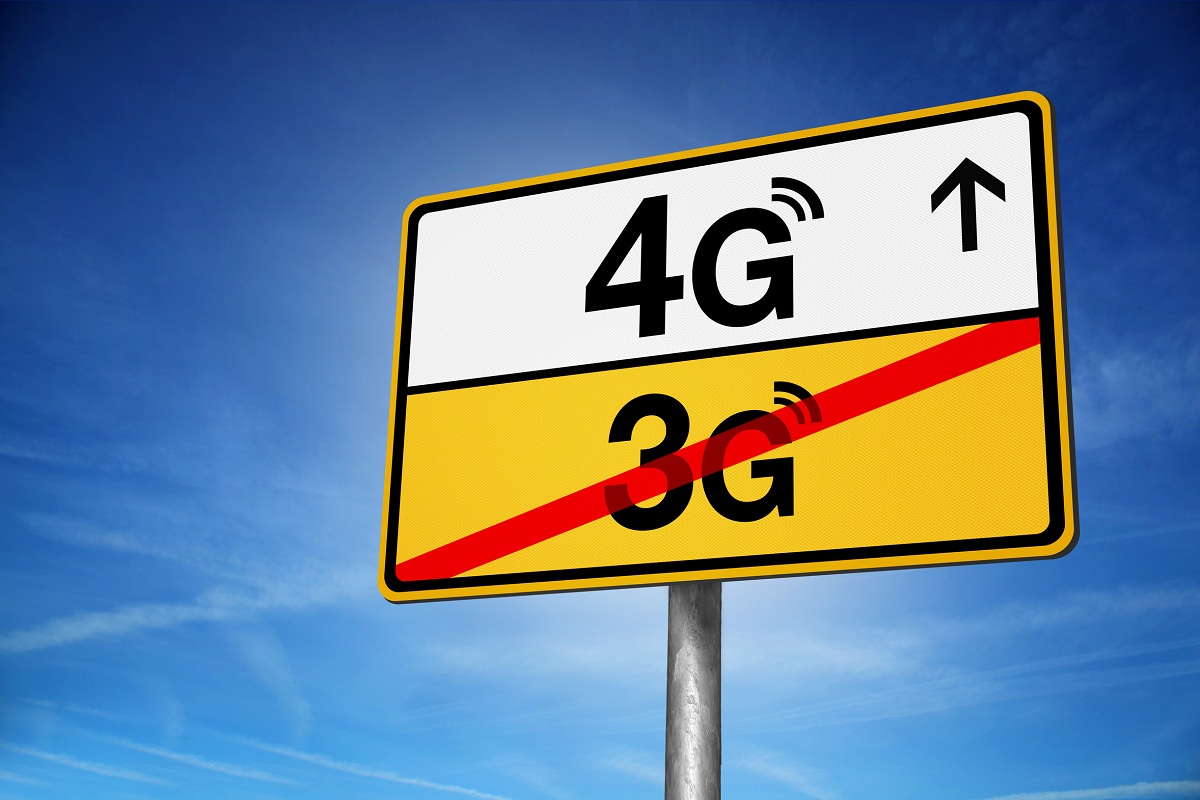
Sign up today and you will receive a free copy of our Future Focus 2025 report - the leading guidance on AI, cybersecurity and other IT challenges as per 700+ senior executives
You are now subscribed
Your newsletter sign-up was successful
Three has been banned from describing its DC-HSDPA network as "3.9G" by the Advertising Standards Authority (ASA), after rival operator EE complained.
EE said the adverts, which were featured in the press, online and across the Tube network, implied Three's service was very close to 4G. It also protested that its "ultrafast network is built for more" tagline could not be substantiated.
In response, Three said 3.9G was not a technical term but used to describe its own DC-HSDPA network and claimed this was "one step below 4G technology".
The mobile firm defended its use of the term "Ultrafast" and argued it was "intended to communicate that the network speed and the type of technology used were only one side of the story and that other network factors could also influence levels of speed and quality for customers."
The ASA ruled the claim "3.9G" was misleading. It said while the ads didn't state 3.9G was an industry term, the claim did imply that Three's 3G DC-HSDPA network technology and speeds were very close to that of 4G, and superior to those offered by 3G technology in general.
"Three had provided information on the differences between DC-HSDPA and 4G LTE technology. However, the document was largely theoretical, and did not contain evidence of the actual measurable speeds offered by Three's network and how this compared to typical 3G and 4G speeds," the ASA said in a statement.
The organisation said it had not seen evidence to support such claims. It also ruled against Three's assertion its network was "built for more" and agreed with EE that this could not be substantiated.
Sign up today and you will receive a free copy of our Future Focus 2025 report - the leading guidance on AI, cybersecurity and other IT challenges as per 700+ senior executives
"The ad qualified the claim with the statement 'our Ultrafast network is built to give you all-you-can-eat-data' but we had not seen any evidence that the offering of all-you-can-eat data plans by Three was the result of technological capabilities of their network beyond those of Everything Everywhere," the ASA ruled.
The ASA told Three the ads must never appear again in their current form and that it must ensure future claims do not mislead.
An EE spokesman said: "We're pleased the ASA agrees that this ad was misleading."
Rene Millman is a freelance writer and broadcaster who covers cybersecurity, AI, IoT, and the cloud. He also works as a contributing analyst at GigaOm and has previously worked as an analyst for Gartner covering the infrastructure market. He has made numerous television appearances to give his views and expertise on technology trends and companies that affect and shape our lives. You can follow Rene Millman on Twitter.
-
 Honor MagicBook Pro 14 review
Honor MagicBook Pro 14 reviewReviews Perhaps a little too ostentatious for the office, but a solid laptop offering with great cross-OS features
-
 Lenovo wows at MWC with concepts for a modular ThinkBook and desktop AI-devices
Lenovo wows at MWC with concepts for a modular ThinkBook and desktop AI-devicesNews A new modular ThinkBook AI PC from Lenovo is the star of the show, with a delightfully versatile proof of concept
-
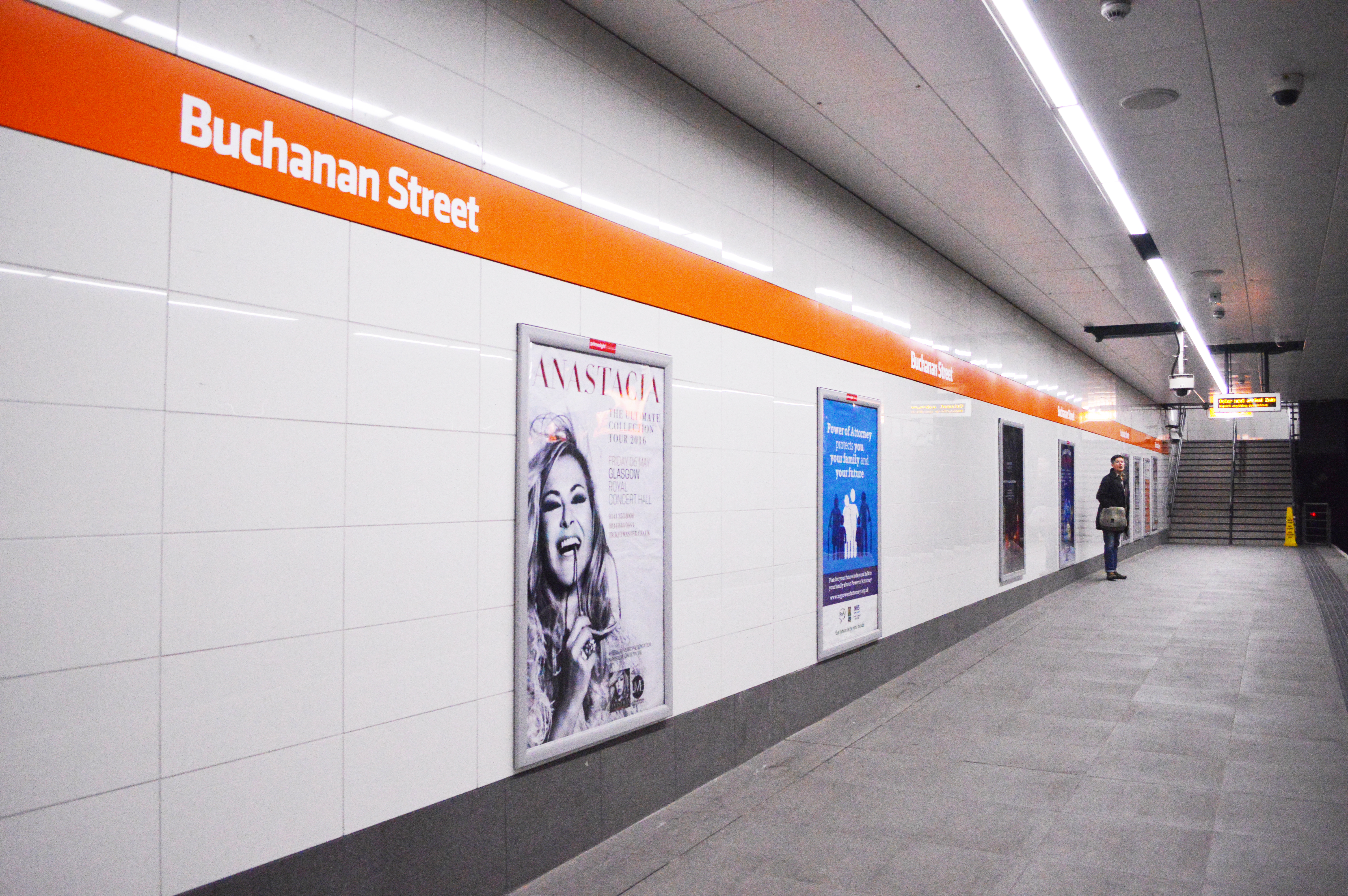 EE rolls out 4G across Glasgow's underground network
EE rolls out 4G across Glasgow's underground networkNews The network is currently restricted to EE customers but is likely to expand in the near future
-
 The best 4G network
The best 4G networkIn-depth Every mobile provider offers 4G contracts, but which one is the best for you?
-
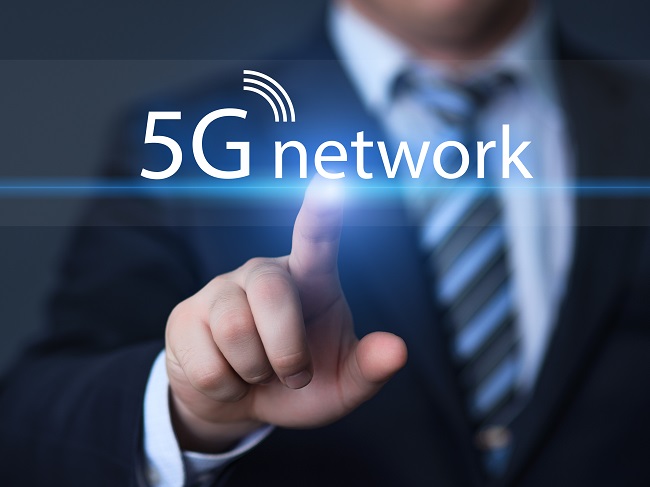 EE completes UK's first 5G lab test
EE completes UK's first 5G lab testNews The company teamed up with Huawei to provide end-to-end 2.8Gbps service
-
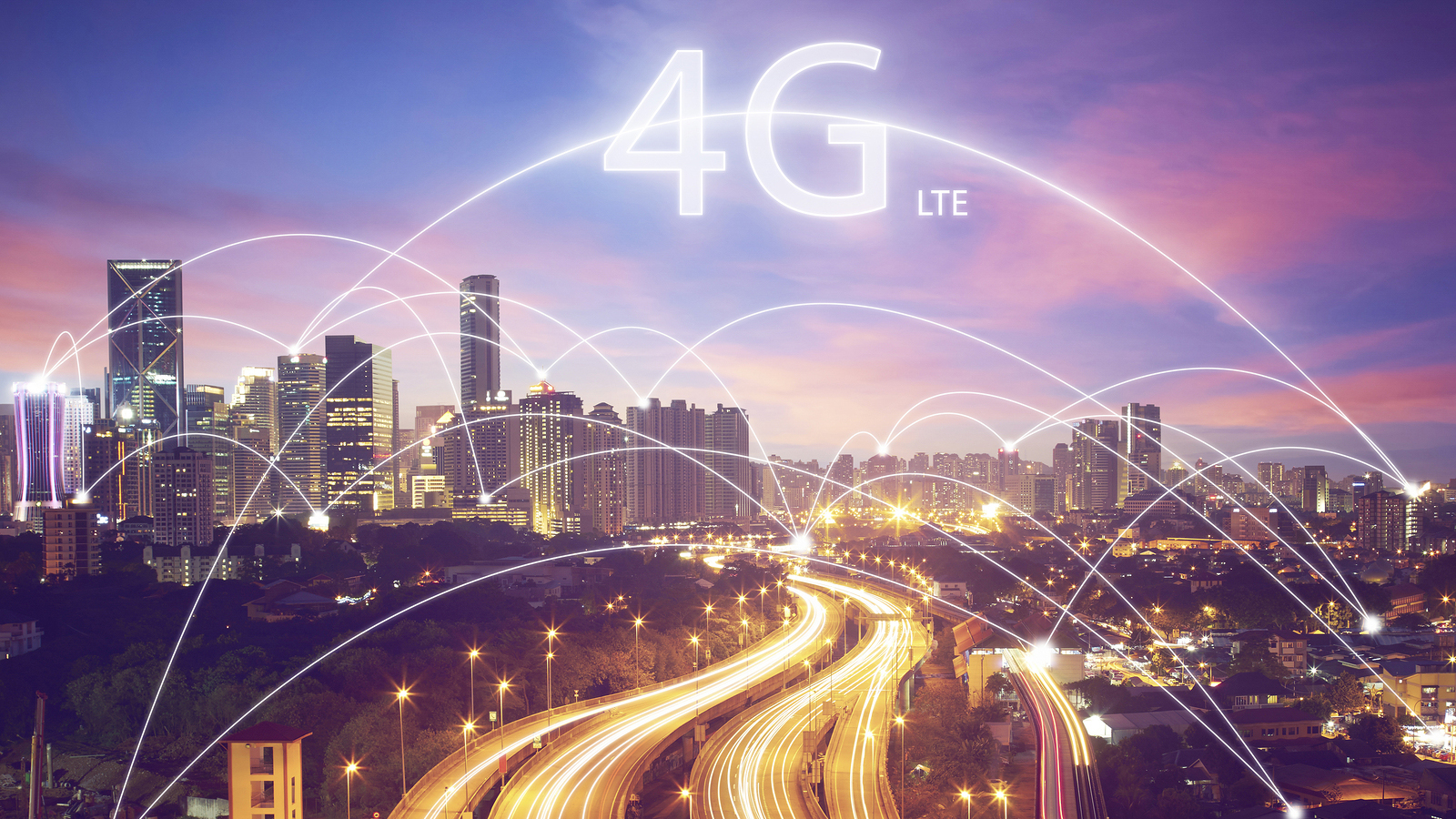 EE still the best UK network for reliable 4G
EE still the best UK network for reliable 4GNews However, Vodafone is quickly catching up, while O2's performance was comparatively poor
-
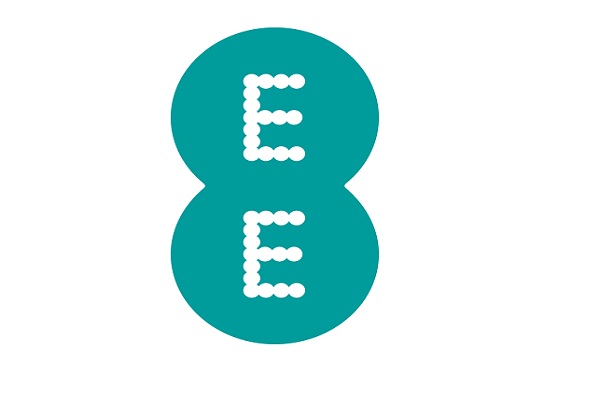 EE says network is back after 4G outage
EE says network is back after 4G outageNews EE hasn't explained what's behind widespread issues
-
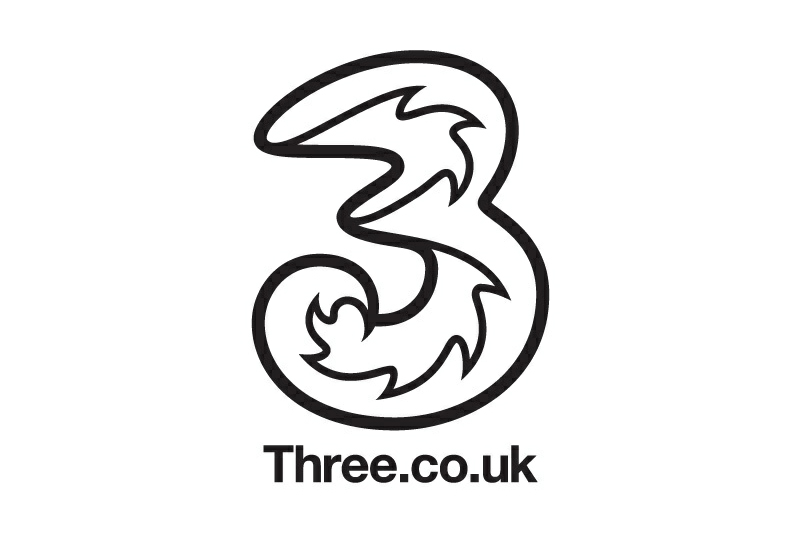 Three "network issue" hits customers over the weekend
Three "network issue" hits customers over the weekendNews Problems included difficulty making calls and receiving texts
-
 Three offers embedded Wi-Fi calls for Android and iOS devices
Three offers embedded Wi-Fi calls for Android and iOS devicesNews The move means customers will be able to make calls and send texts even if they don't have a mobile signal
-
 Three asks Ofcom to limit BT's mobile dominance
Three asks Ofcom to limit BT's mobile dominanceNews Three and other mobile operators ask Ofcom again to limit BT's spectrum ownership
